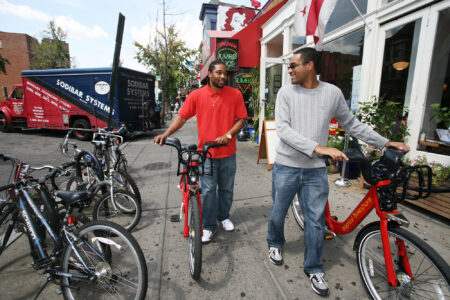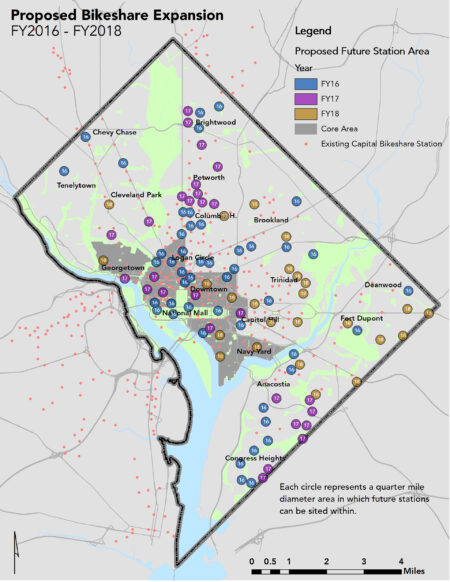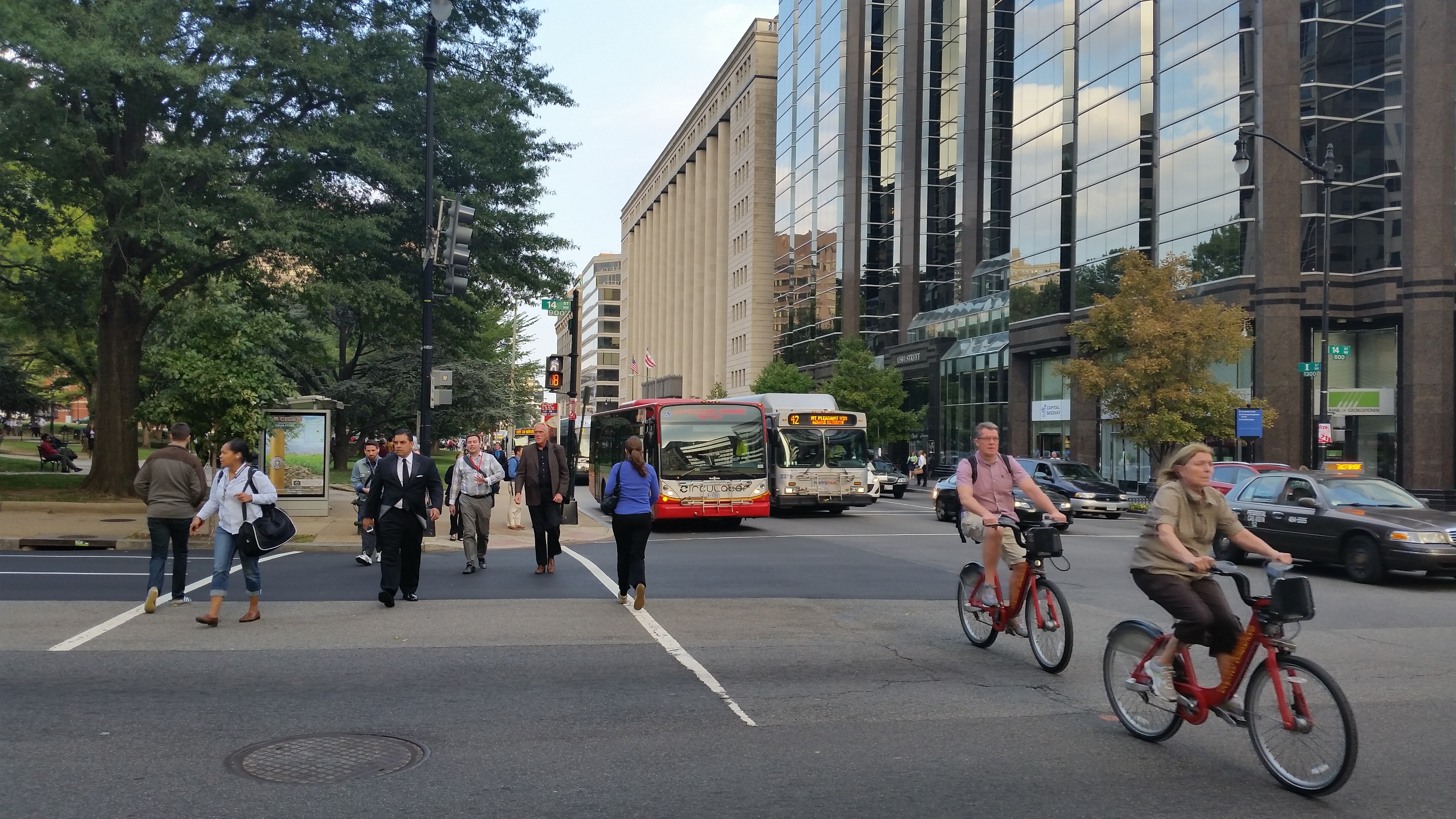How can we promote equity among bikeshare users? This simple question led us to some complex conversations at the 2016 Better Bike Share Conference, held this past June in Philadelphia.
The conference explored the intersection between bicycling, public health, social justice, and community engagement. Setting the tone of the conference were moving speeches by Jim Kenney, the Mayor of Philadelphia; the luminary Tamika Butler, Executive Director of the Los Angeles County Bicycle Coalition; local artists like Akeem Lloyd and Nina Lyriscpect Ball; and Philly’s Director of Philadelphia Youth and Commission, Ricardo Calderon.
At the conference, we explored what equity means in bikeshare. We often think of bikeshare equity in terms of asking how do we get low-income, and non-white people to use bikeshare? The conference challenged us to ask instead, what are the needs of low-income and non-white communities, and how can bikeshare help meet those needs?
Across the nation, bike share riders are more likely to be white, hold a college degree, and have a higher income than the area mean. These demographics affect the public perception of bike share, reduce its effectiveness as a tool for enhanced mobility, and raise questions on the value of spending public dollars on a service used by the most privileged segment of the population.
As bikeshare expands, operators need to make the case for how bikeshare addresses what really matters to the community, including issues like the lack of access to public spaces, limited recreation and exercise opportunities, and the unavailability of fresh foods in many inner city neighborhoods. As Ricardo Calderon from the Philadelphia Youth Commission stated, we need to not only engage the community but include them in the decision making process from the start.
At Better Bike Share, participants came from across the across the Country to discuss a diverse range of issues facing bikeshare equity. We learned about the progress to remove barriers to using bikeshare like access to a credit card, as many systems have required a credit card to use the service. Philadelphia’s Indego Bike Share program shared their innovative work in marketing and community engagement. Bikeshare operators like Bicycle Transit System discussed the importance of building an inclusive workforce that reflects the demographics of the community they serve. I presented with Kim Lucas of D.C.’s Department of Transportation (DDOT), and Kate Fellin-Yeh of the National Association of City Transportation Officials (NACTO) on the role of good planning in order to ensure a bikeshare system is both equitable and financially sustainable.
Overall the work of the Better Bike Share Partnership promises to propel the bikeshare industry forward. Expanding equity in bikeshare is important for everyone. The viability of bikeshare programs depends on them being able to attract a diverse and wide user base. I returned from my time in Philadelphia with many lessons learned and new strategies, as well as a new framework, to better address the bikeshare equity gap.


